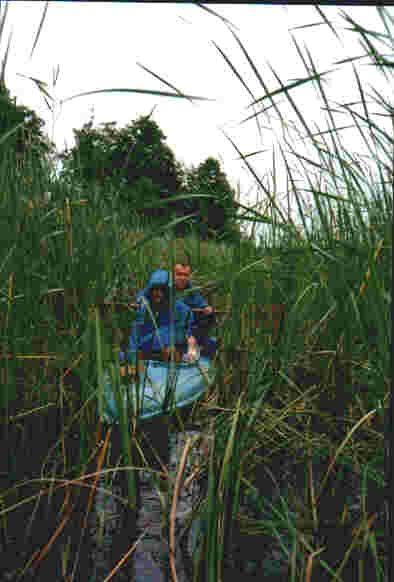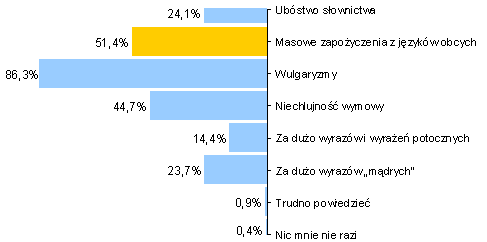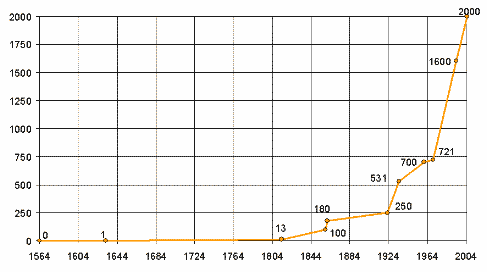boletus
10 May 2011
Language / Too many English words in the Polish language! [709]
gumishu
No, I did not suggested that, but something of this sort: "jadę do Cortina d'Ampezzo, następnie do Spittal an der Drau, skręcając po drodze do miejscowości Tolmin, a potem do Gemona del Friuli.
I am no the first one to suggest such things. Apparently such discussions take place every two generations or so. And there are always exceptions to the rule:
Poradnia językowa PWN
poradnia.pwn.pl/lista.php?id=4563
gumishu
bad idea - a jadę do Rzym, jadę do Moskwa
No, I did not suggested that, but something of this sort: "jadę do Cortina d'Ampezzo, następnie do Spittal an der Drau, skręcając po drodze do miejscowości Tolmin, a potem do Gemona del Friuli.
I am no the first one to suggest such things. Apparently such discussions take place every two generations or so. And there are always exceptions to the rule:
Od przytoczonej zasady można uczynić jeden wyjątek. Dotyczy on niektórych, zwłaszcza słabo przyswojonych, nazwisk obcych, które wolno pozostawić nie odmienione, jeśli towarzyszy im odmienione imię, tytuł lub inne słowo wskazujące na przypadek. Możemy zatem powiedzieć obrazy Pabla Picassa albo obrazy Pabla Picasso. W praktyce - ponieważ Picasso jest osobą powszechnie znaną - przeważa zwyczaj odmieniania jego nazwiska, nawet gdy obok znajduje się odmienione imię.
Poradnia językowa PWN
poradnia.pwn.pl/lista.php?id=4563
 PolishForums LIVE / Archives [3]
PolishForums LIVE / Archives [3]




